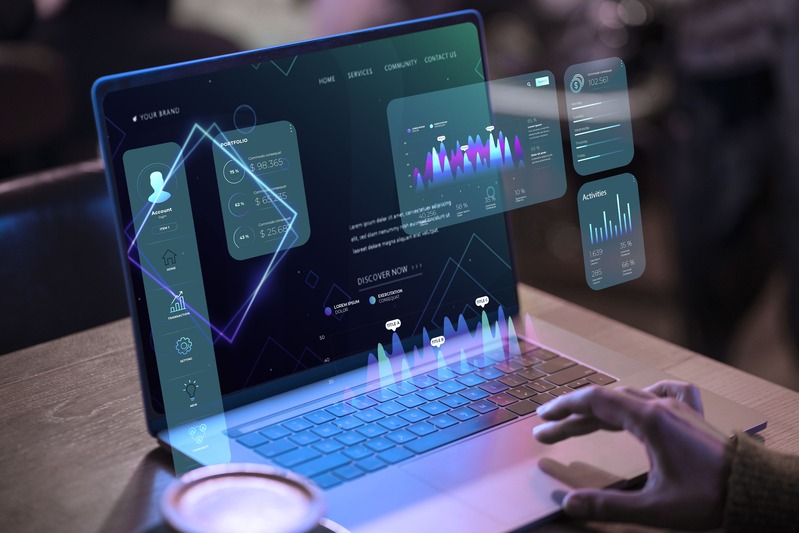
Digital integration is more than connecting applications. Properly designed integration becomes the backbone of efficient operations, better user experiences, and data-driven decisions. Here are five major benefits you can expect.
Integrated systems streamline workflows. There’s less manual import/export of reports, repetitive tasks are automated, and cross-department communication is smoother. The result: shorter process cycles and lower operational costs.
Integration makes every transaction traceable. For public institutions, this simplifies audits, budget tracking, and demonstrating compliance to citizens and regulators.
When customer data is available across touchpoints, staff can deliver faster and more personalized service. Integrated interaction histories reduce repetitive questioning and speed up resolution time.
Integration feeds data into analytics dashboards in real-time. Managers can monitor performance, spot trends, and make evidence-based decisions instead of relying on guesswork.
An integrated system makes it easier to add new services, modules, or users. Without integration, expansion often incurs high costs to reconcile new processes and data with legacy systems.
A public agency integrates citizen complaint portal, internal scheduling, and payment systems. Outcome: 60% reduction in handling time, improved transparency with real-time reports, and higher citizen satisfaction.
Digital integration is a strategic investment that delivers efficiency, transparency, and improved experiences — essentials for modern organizations. If you want a clear, measurable integration roadmap, Evolusi Bisnis Digital can design and implement the right solution for you.